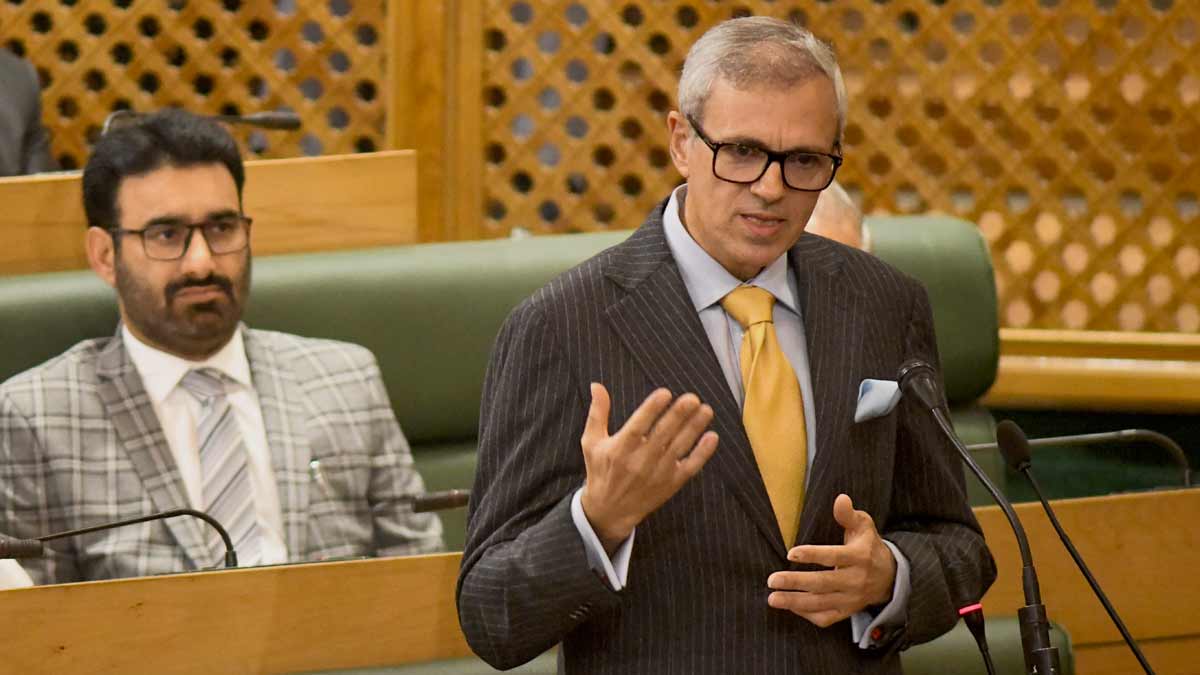Chief Minister Omar Abdullah on Monday stated that the Rohingya refugees in Jammu are human beings and must not be treated like “animals”.
Abdullah was responding to reporters' questions about the restoration of water supplies to Rohingya refugees in Jammu, which had been disconnected last week.
“The government cannot allow the refugees to starve or let them die of cold,” he said.
Last week, authorities in Jammu disconnected water and power connections to properties housing Rohingya refugees. The refugees were asked to vacate their residences within a month.
The orders impacted 409 Rohingya families living in the Channi Himmat, Sunjuwan, and Narwal areas of Jammu.
However, the Abdullah-led government intervened, directing the restoration of water supplies to the refugees.
Also read
- ‘Address open merit category concerns’: NC MP Ruhullah leads protest against J&K govt over reservation rules
- Kashmir MLA Waheed Para gets Income Tax notice seeking his financial records
- Omar Abdullah cancels Jammu visit as cold wave grips Kashmir
- NC MP Aga Ruhullah to protest outside CM's residence over J&K's reservation policy
“It is for the central government to decide what to do with them. If they need to be sent back, then send them back,” Abdullah said.
“If you can send them, do so. But if you can’t, then you cannot let them starve here or let them die of cold,” he said.
He urged the Government of India to clarify its policy toward the refugees.
“Until a clear decision is made, the refugees must not be subjected to inhumane conditions,” he said.
He said that his government did not bring the refugees to the region. “We didn’t bring them here or settle them. They were brought and settled here by others,” he said. “If the central government’s policy has changed, then take them wherever you want.”
Abdullah stressed that as long as the refugees remain in the region, they must be treated with dignity. “They are human beings and must be treated as such,” he concluded.
More than 6,000 Rohingyas currently reside in Jammu.



